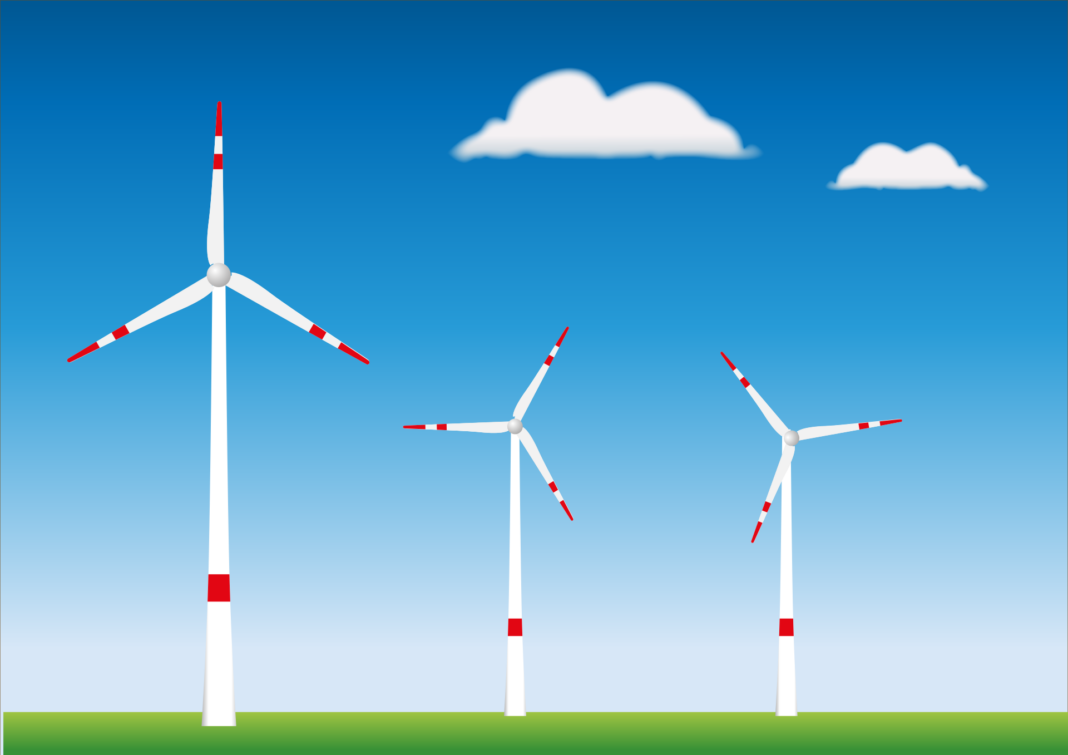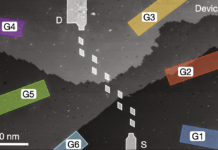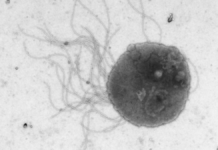Transitioning to renewable energies is one of the keys to reducing the risks and effects of climate change, and citizens could have a great impact in reducing CO2 by becoming “prosumers,” which refers to being not only consumers but also active energy producers.
This new paradigm, where individuals and communities manage their green electricity production and trade surplus electricity with peers in a local energy market, creates a new energy trading scheme.
This peer-to-peer (P2P) electricity trading brings a new role for people: from passive consumers, they become prosumers, marking their commitment to produce and share clean energy.
According to a study led by the Faculty of Geosciences, Utrecht University, the Netherlands provides a strong case to analyze this alternative electricity trading scheme because of diverse factors: the Dutch government made commitments to increase the share of renewable energy to at least 27% in 2030; in 2023, a new net-metering scheme will decrease the financial return for prosumers; and, finally, energy cooperatives have seen a continual rise throughout the country.
Peer-to-peer electricity scheme drivers and berries
In 2016, the European Commission recognized for the first time the role of community-based energy projects in the energy transition, but few things were known about the prosumer’s preferences for choosing a P2P electricity trading.
To find out the drivers and barriers for households to engage in this electricity market, researchers from the Copernicus Institute of Sustainable Development at Utrecht University; the Energy Coin Foundation, and the Information Technology Group at Wageningen University conducted a questionnaire-based survey among prosumers (individuals and members of energy cooperatives). This is the first study that takes into account not only financial but also environmental, economic, technological, and social factors that make people participate in this alternative electricity system.
The results showed that the great majority installed a renewable energy system because of environmental concerns and to be part of the clean energy transition as well as to reduce their energy costs. Other motivations to become prosumers included having more control over energy production and use, receiving a subsidy, and having an interest in the technology involved.
The participants expressed a high willingness to offer energy for free or in exchange for an indirect financial return like free entrance to a public facility (museums or swimming pools), a household service (babysitting or gardening), or any other trades according to individual preferences. Furthermore, they would give away surplus electricity to a family member and public facilities in the community. More infrequently, they would give it to someone they do not know. The study reveals that they would give electricity most likely to households that cannot afford energy.
Nowadays, prosumers give away their surplus energy into centralized grids, but due to new government measures, it will become less economically attractive for prosumers in two years from now.
Although the chance to create a local electricity market like P2P scheme relies on the setting of a decentralized smart grid that is being studied, already knowing that prosumers are willing to share energy is good news for advancing to a socially fair energy transition. “Within P2P electricity trading, the exchange of more affordable renewable energy can be promoted to low-income households as a way to spread the use of low-carbon energy among socio-demographic groups who are otherwise excluded from it.”
The role of energy cooperatives in the transition
When comparing responses from energy cooperative members and non-members, the study found that the former group is more willing to share for free the energy they produce and are especially inclined to participate in P2P electricity trading. This behavior allows researchers to recognize the “potential key role that energy cooperatives may play in advancing a socially just energy transition.”
To prosumers, lowering the emission of CO2 is the first reason to be part of P2P electricity trading. For example, they would make trade-offs accept a lower selling price, to ensure that their electricity use is associated with lower CO2 emissions. Prosumers were more reluctant to choose trading scenarios if they require additional effort to manage the trading processes. This was often the case for respondents who demonstrated no interest in new technologies and stated that they had difficulties using them.
“This implies that a well-managed and highly automated trading platform is vital for the success of P2P trading,” researchers have asserted in the paper released last October.
Finally, the economic benefit for selling the surplus electricity was not a significant reason to join a P2P energy scheme.
The study highlights the role of energy cooperatives as facilitators for a socially just development of P2P electricity trading based on their roots in local communities and the promotion of the values of fairness and solidarity among their members and the rest of society.
Although further investigation of the roles of P2P electricity trading in the transition towards just and sustainable energy systems is still necessary, this research already brings new perspectives to the field that has focused mainly on the analysis of P2P trading platforms’ technical solutions.
Reference
Elena Georgarakis,Thomas Bauwens,Anne-Marie Pronk,Tarek AlSkaif. (2021).
Keep it green, simple and socially fair: A choice experiment on prosumers’ preferences for peer-to-peer electricity trading in the Netherlands.
DOI: https://doi.org/10.1016/j.enpol.2021.112615
Accessed December 1.2021.
https://www.sciencedirect.com/science/article/pii/S030142152100481X





